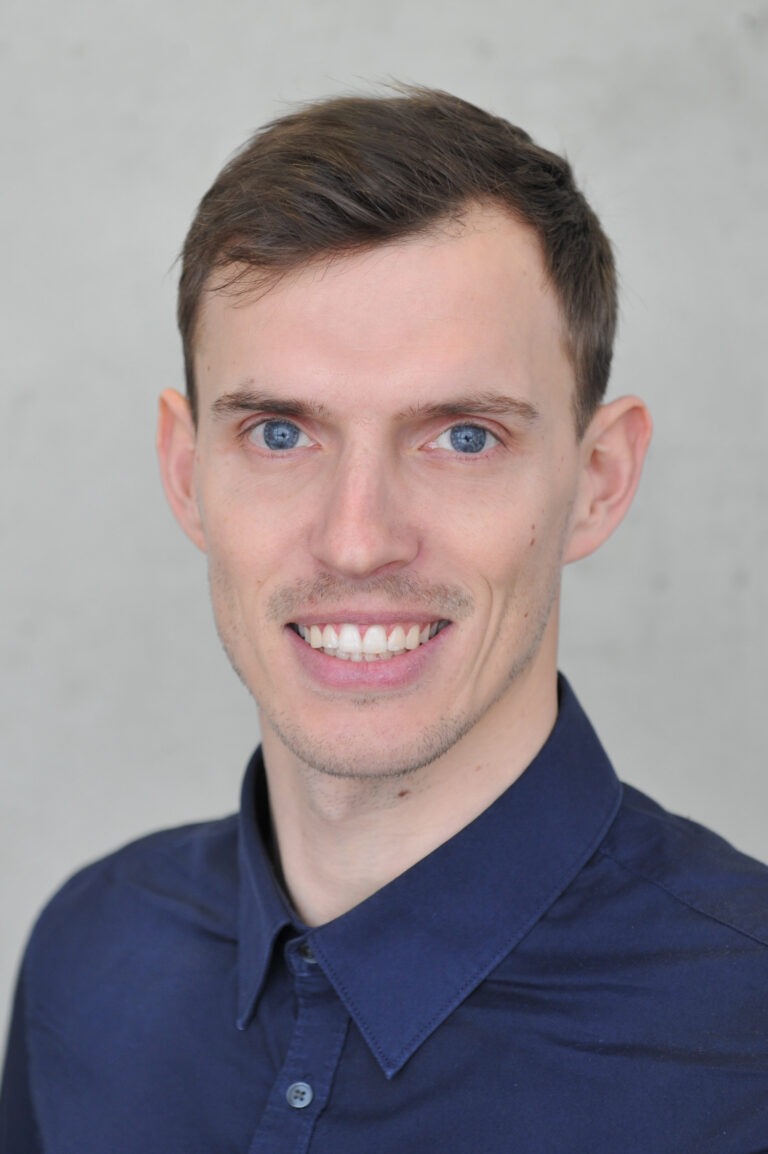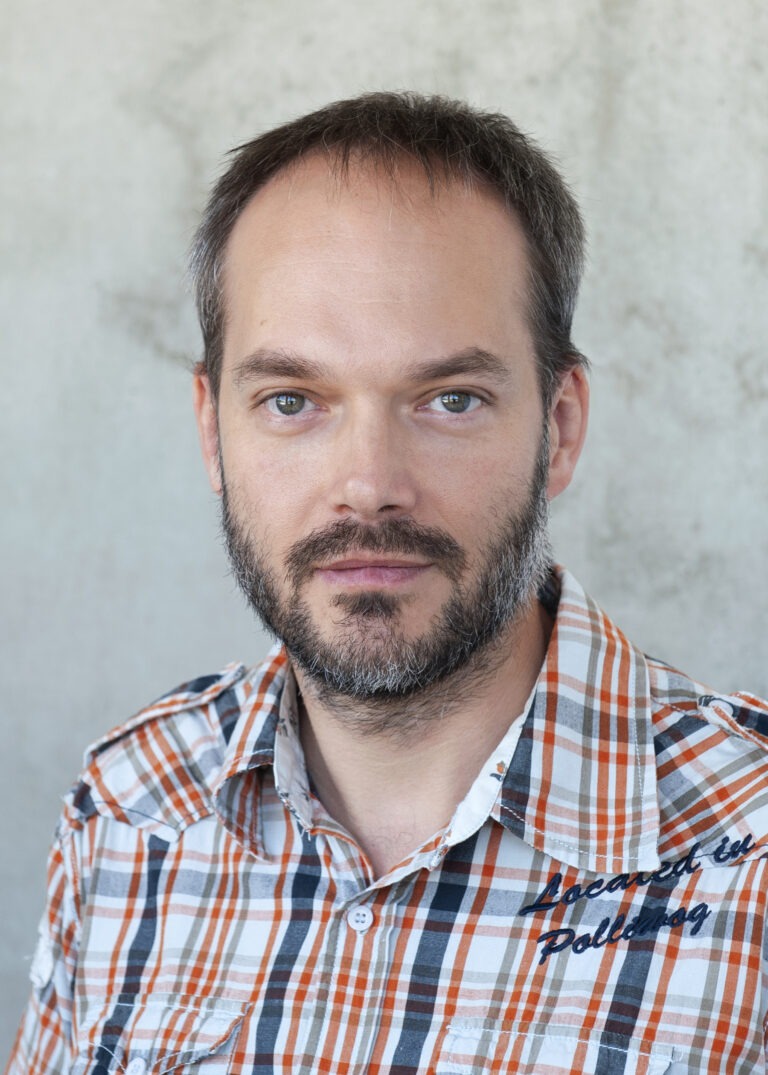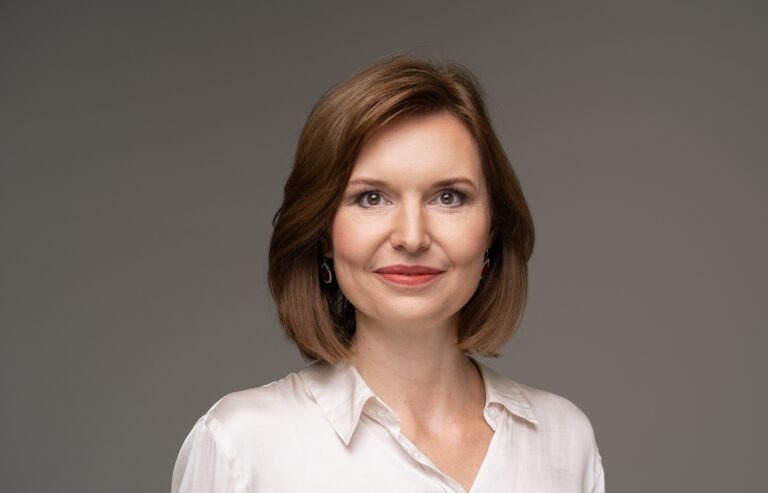

Meet the supervisors or group leaders
All supervisors and group leaders are senior researchers with significant results, their own patents, foreign study/research/teaching experience, substantial experience in tutoring and mentoring postdocs, and are prolific authors in their area of specialisation in high impact journals. The main role of the supervisors is to closely cooperate with the fellow and their research project during the fellowship and help the fellow develop their research skills.
Supervisors or group leaders


Jiří Dostál
I am the head of Control Systems and Optimization team at the University Centre for Energy Efficient Buildings of the Czech Technical University in Prague. I focus on applying advanced control, statistical estimation and machine learning to industrial processes and buildings. I worked as well for a world manufacturer of check-in systems as a programmer of microprocessors and subsequently also for the prestigious Automatic Control Laboratory of Honeywell in Prague.
About the position
The successful candidate will be based at the University Centre for Energy Efficient Buildings, Czech Technical University in Prague
The Postdoctoral fellow will join the Control systems and optimization team that is focused on applying advanced control, estimation and detection, and that is working to find solutions to different challenges in the field of industrial processes and buildings.
The fellow may also have the opportunity to carry out secondments in the non-academic sector, in cooperation with our industrial partners, e.g. TÜV SÜD, Siemens, Linet. Potential projects to be involved with include Safety of traction batteries, Energy Flexibility, Machine learning processing of building process data, Energy optimization of industrial processes.
Given the main focus of our research group, the expected outputs of the fellowship are high-level scientific publications or applied research outputs. The applicant shall have studied control science. Additionally, knowledge of Li-ion batteries is beneficial.

Jan Včelák

Jan Včelák
I am the head of the Electronic Systems and Diagnostics team at the University Centre for Energy Efficient Buildings of the Czech Technical University in Prague. In parallel I am working at InnoRenew CoE (Slovenia) as a researcher in the field of sensors and building monitoring. I am a co-founder of MoistureGuard and InoSens CZ companies where he leads R&D activities. I have expertise connected with sensor design for special purposes, and complex sensor systems including data processing algorithms. My activities also cover the topic of sustainable building construction materials and sensor systems for their diagnostics and monitoring covering fiber optic sensors, timber construction monitoring systems and structural health monitoring. I was a member of the microsystems group in Tyndall NI (Cork, Ireland) and working at InnoRenew CoE (Slovenia) as a researcher in the field of sensors and building monitoring during my research career. My tasks are mainly in coordination of R&D activities and supervising research projects as a principal investigator or coordinator mainly in electronics design, renewable energy sources, energy storage and sustainable built environment.
About the position
1. The successful candidate will join the research Electronic Systems and Diagnostics team with experience in sensor design for building structures monitoring and indoor Environment quality measurement. The candidates should focus their research on areas of sensor design, embedded AI algorithms and advanced data processing. The research field covers sensors and data processing of indoor parameter values as well as sensors for the detection of abnormal user behaviour or detection of dangerous situations in the indoor environment.
The laboratory of electronic systems is fully equipped with development and design tools. The department has access to smart fully equipped dwelling directly in research Centre where the technologies and algorithms can be tested. The candidate will work in the international team and he will cooperate with other research departments in the Centre on research topics that can be multidisciplinary.Given the focus of our research group, the expected outputs of the fellowship are high-level scientific publications and applied research outputs and collaboration on group research projects and new proposals.
2. The successful candidate will join the research sub-team of optic fiber sensors applications and is expected to work on research topics related to fiber optic sensors applications for SHM monitoring of building structures such as reinforced concrete, timber or hybrid structures. The research topics can be also related to data processing or the design of algorithms for the detection of deviations from the model or sudden changes in behavior of the structural elements.
The laboratory is fully equipped with optic fibre testing and development tools with a focus on Fibre Bragg Grating Sensors and has experience with FBG sensor applications for bridge and other structure monitoring. The candidate will work in an international team and will cooperate with other research departments in the Centre and thus research topics can be multidisciplinary .Given the focus of our research group, the expected outputs of the fellowship are high-level scientific publications and applied research outputs and collaboration on group research projects and new proposals.

Gabriele Maria Grittani

Gabriele Maria Grittani
I am the leader of the Electron Acceleration Group and the Deputy Head of the Department of Radiation Physics and electron acceleration at ELI-Beamlines in the Czech Republic. I received the Master’s Degree in Medical Physics at the University of Pisa (Italy) and the Ph.D. degree in Physical engineering in 2018 at the Faculty of Nuclear Sciences and Physical Engineering, CTU in Prague, Czech Republic. During my studies, I had the opportunity to spend long stays in several international institutions, such as Fermilab (USA), LOA (France), LMU (Germany) and KPSI-QST (Japan). At ELI-Beamlines we have built and commissioned two laser wakefield acceleration beamlines, ALFA (2 TW, 1 kHz) and ELBA (0.4 PW, 3.3 Hz).
Do you need help? Contact us
Do you have any questions related to the Programme implementation? Do not hesitate to contact the Programme Manager or other member of the Management Board.


